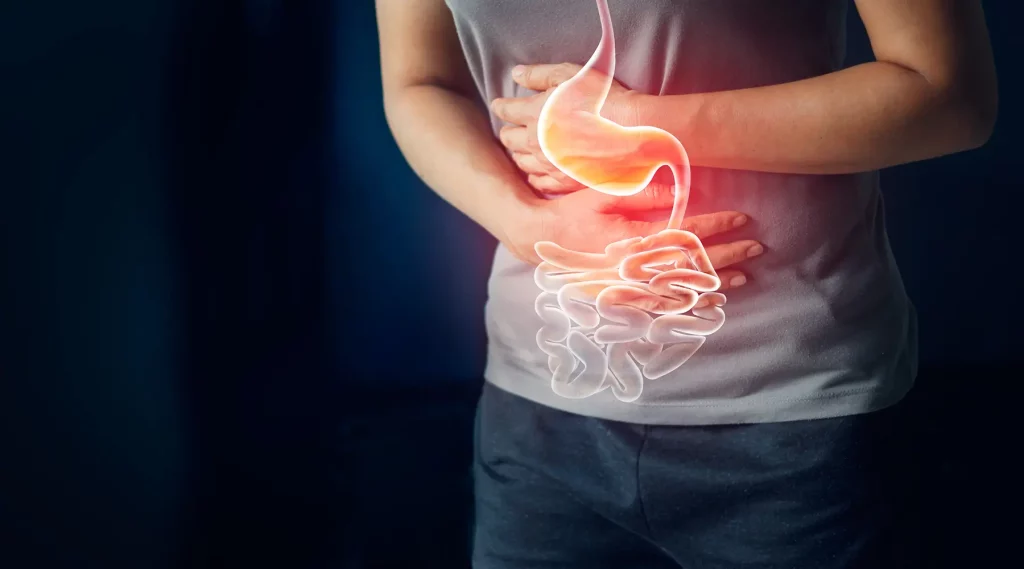Stomach cancer (also known as gastric cancer) starts in the stomach. It is the 7th most common cancer in Singaporean males and 9th most common cancer in Singaporean females.1 In Singapore, there are approximately 18.1 cases of stomach cancer per 100,000 person-years.
Stomach cancer used to be the leading cause of cancer deaths in the world until the 1980s, when lung cancer overtook it. It is thought that this change could be due to the invention of refrigeration technology, which led to a reduction in consumption of salt-preserved food.
However, stomach cancer is a diverse disease, and among the different types of stomach cancer, there has been an increase in cancer arising in the proximal (front) part of stomach and a decline in cancer arising in the distal (back) part of the stomach. The most common type of stomach cancer is adenocarcinoma. Rarer types include gastrointestinal stromal tumour (GIST), lymphoma and carcinoid.


 中文
中文 Tiếng Việt
Tiếng Việt

